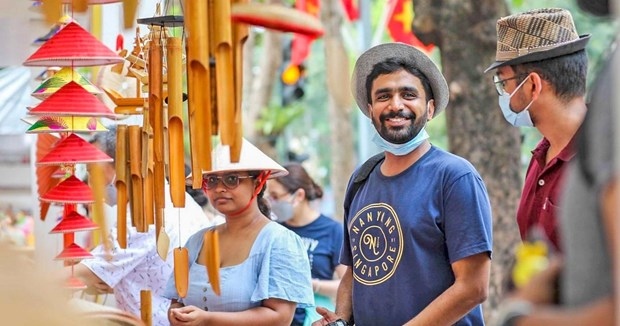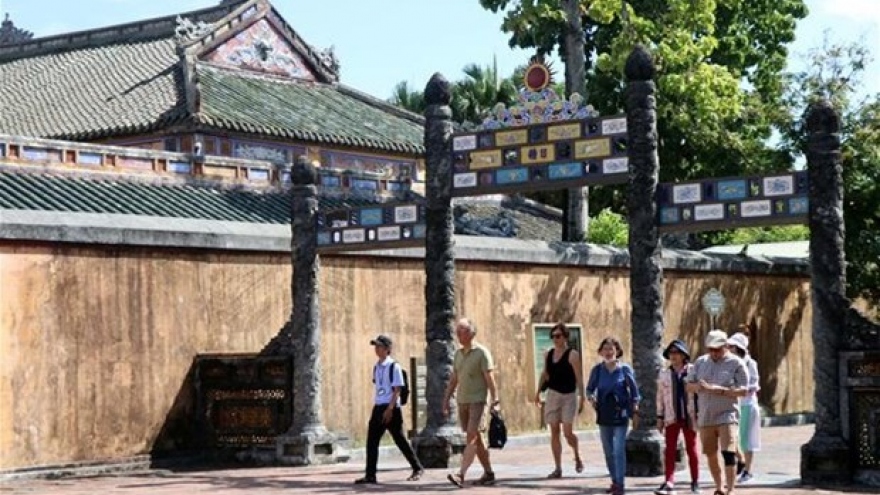New e-visa policy facilitates group, MICE tours
Vietnam’s new e-visa policy, which took effect from August 15, has facilitated group and MICE (meetings, incentives, conferences, and events) tours, insiders have said.
Under the policy, Vietnam has extended the validity of tourist e-visas to 90 from 30 days, with multiple entries, and tripled the duration of visa-free stays for visitors from certain countries to 45 days.
Ha Linh, who helps customers with tour booking in Ho Chi Minh City, said the policy has facilitated the organisation of group tours by travel firms, as well as tour booking and information access by clients.
Sharing Linh’s view, Thanh Dat, a tour guide in the same city, said since the new policy came into force, the number of group tours to Vietnam has increased significantly. He said the new visa policy helps the Vietnamese tourism sector to catch up with their peers in the region and the world, opening up more cooperation opportunities for them.
Chung Thuy Chau, sales director of Viet Media Travel Corporation, expressed her belief that the policy will help to attract more holidaymakers, especially in the remaining months of this year. She added that it also creates favourable conditions for travel agencies to cooperate with partners in both outbound and inbound tours.
Notably, the Japanese Embassy in Hanoi and Consulate General in HCM City have recently announced single-entry e-visas for groups of Vietnamese tourists for short-term stays of up to 15 days from November.
The e-visa will not be available for individual applicants. It is done through travel companies that are approved to organise package tours, the embassy said on its website.
Tour operator Saigontourist also reported a 10% year-on-year increase in MICE services at home in the third quarter of this year. In HCM City alone, it organised inbound tours for 230 groups with more than 16,750 vacationers, and outbound tours for 48 others with over 4,800 tourists.
The company is expected to launch outbound tours for 143 groups with 21,755 members in the remaining months, mainly to the Republic of Korea, Thailand, Malaysia, Beijing and Shanghai (China), Australia, New Zealand, the US, the UK and Spain.



